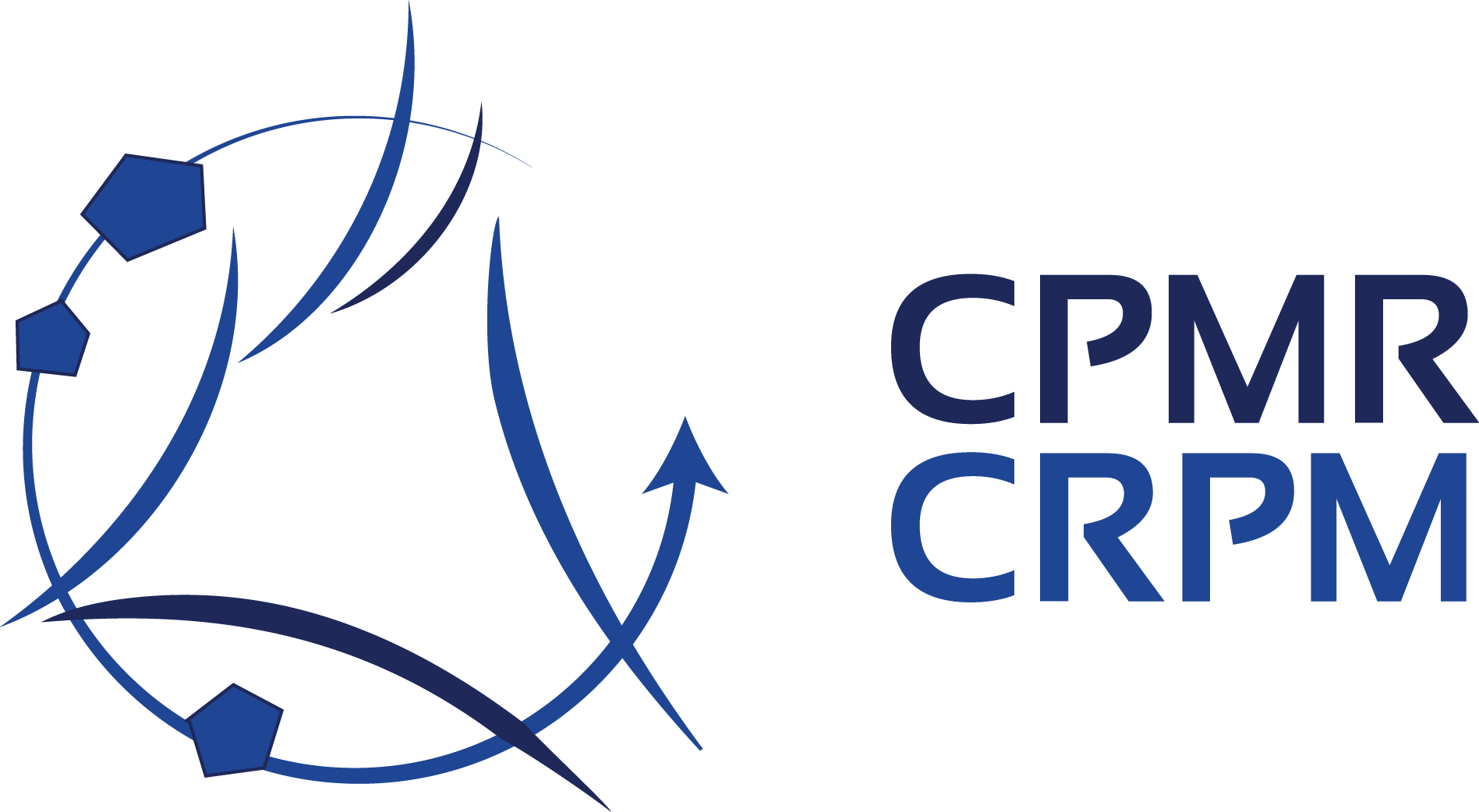Mission Clean Oceans - How can science and innovation tackle ocean pollution?

Our oceans and seas are in the process of turning into a gigantic waste dump. Pollution threatens ecological health, coastal security, our blue economy and a basis of our wellbeing. Plastic litter remains a great threat and a major environmental issue to people worldwide. The equivalent of 850 shipping containers filled with plastics are dumped into the rivers and ocean every day resulting now in over 5 trillion floating plastic pieces reaching even the most remote parts of our ocean. Excess nutrients, chemical and pharmaceutical waste, munition, noise, microbes, and other pollutants add further stress to the marine biodiversity and ecosystems.
The new European Commission’s President aims to move Europe towards a zero-pollution ambition. In particular, the proposed new research and innovation programme Horizon Europe, includes Healthy Oceans, Seas, Coastal and Inland Waters as one of the only five priorities (“Missions”). Issues of ocean pollution are also priority topics for the Joint Programming Initiative for Healthy and Productive Seas and Oceans (JPI Oceans) and for the International Union for Conservation of Nature (IUCN*).
The European Commission’s leadership towards a Green Deal, the recent constitution of the new European Parliament and re-establishment of its SEARICA Intergroup, and the progressing discussions of the Oceans Mission Board provide converging opportunities and an inspiring backdrop for experts and stakeholders to discuss how science and innovation can tackle the problem of ocean pollution from plastics and beyond.
*IUCN marine work is supported by Principauté de Monaco
Event Properties
| Event Date | 17-02-2020 16:00 |
| Event End Date | 17-02-2020 18:00 |
| Location | European Parliament Brussels |
| Categories | Conférence 2019-2024,Climate & Governance,Marine and Maritime Research |
| Attachment | Final Agenda 200217.pdf |
What is an Intergroup?
The Seas, Rivers, Islands and Coastal Areas Intergroup is one of the 27 Intergroups that were approved on 11 December 2019 by the Conference of Presidents for the 9th legislature of the European Parliament. Intergroups can be formed by MEPs from any political group and any parliamentary committee with a view to holding informal exchanges of views on particular issues and promoting contact between MEPs and civil society.
The Seas, Rivers, Islands and Coastal Areas Intergroup brings together more than 100 MEPs from 7 different political groups and 23 Member States.
Intergroups are not Parliament bodies and therefore may not express Parliament's opinion.
Intergroups are subject to internal rules adopted by the Conference of Presidents on 16 December 1999 (last updated on 11 September 2014), which set out the conditions under which intergroups may be established at the beginning of each parliamentary term and their operating rules.










